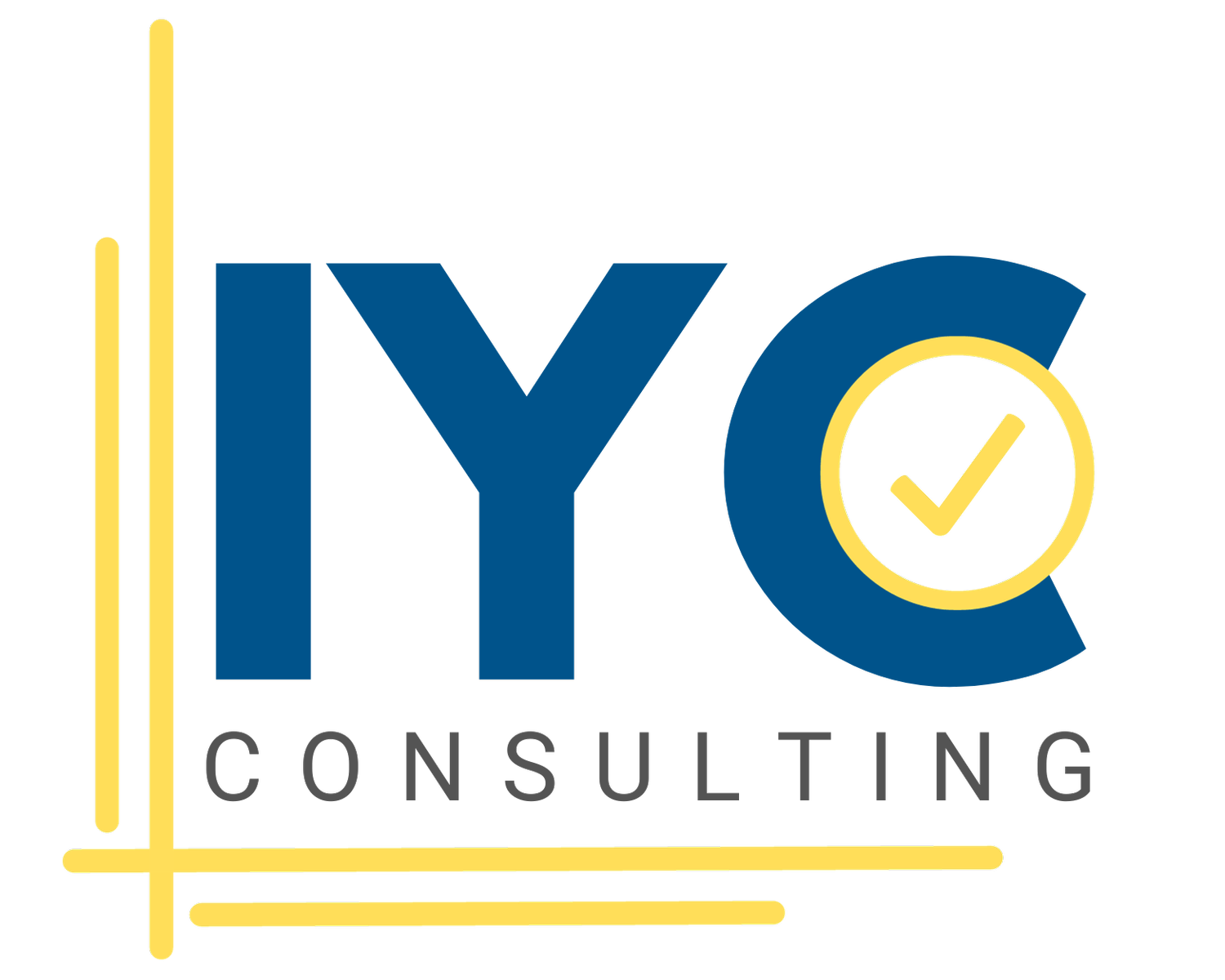Combating Fraud, Waste, and Abuse in Healthcare: A Moral and Financial Imperative
In the healthcare sector, fraud, waste, and abuse (FWA) are not just financial concerns; they are ethical emergencies. Every dollar lost to these unscrupulous practices directly impacts lives, often the most vulnerable in our society. With billions of dollars annually siphoned off by fraudulent activities, the real cost is measured in human suffering and diminished care quality.
The Human Cost of FWA: More Than Just Numbers
Behind every instance of FWA, there are stories of real people whose lives are adversely affected. These are not just abstract financial transactions; they represent vital funds diverted from essential programs meant to provide care and support. For instance, a disturbing case involved a veteran who nearly lost her life due to an aide’s fraudulent behavior.
“Behind every instance of FWA, there are stories of real people whose lives are adversely affected. ”
The aide, who repeatedly failed to show up for care, manipulated the situation with false claims of family emergencies while continuing to bill for unrendered services. This neglect led to the veteran enduring a harrowing ordeal, being trapped in a wheelchair overnight, and subsequently developing a life-threatening condition.
The Role of Vigilance and Accountability
In this case, the diligence of a nurse who documented the lack of care played a crucial role in bringing the fraud to light and aiding in the prosecution of the offender. Such vigilance is vital in identifying and addressing FWA. However, it also highlights the need for more robust systems and checks within the healthcare framework to prevent such occurrences.
A Call for Systemic Changes and Stronger Oversight
This incident and many others like it illustrate the need for systemic changes to combat FWA in healthcare. Strengthening oversight, enhancing reporting mechanisms, and fostering a culture of accountability are essential steps. Additionally, there should be an emphasis on:
Education and Awareness: Educating providers and patients about the signs of FWA and the importance of reporting suspicious activities.
Technological Solutions: Implementing advanced technology to monitor and detect anomalies in billing and care provision.
Stringent Penalties: Ensuring that those who commit FWA face stringent legal consequences, serving as a deterrent to potential offenders.
Support for Whistleblowers: Encouraging and protecting individuals who come forward with information about FWA.
In conclusion, combating FWA in healthcare is not just a financial battle; it is a moral imperative. It requires a concerted effort from all stakeholders in the healthcare system – from providers to law enforcement to policymakers. By taking decisive action against FWA, the industry can safeguard resources, ensuring they are used to enhance the quality and accessibility of care, particularly for those who have served and sacrificed for their country.

